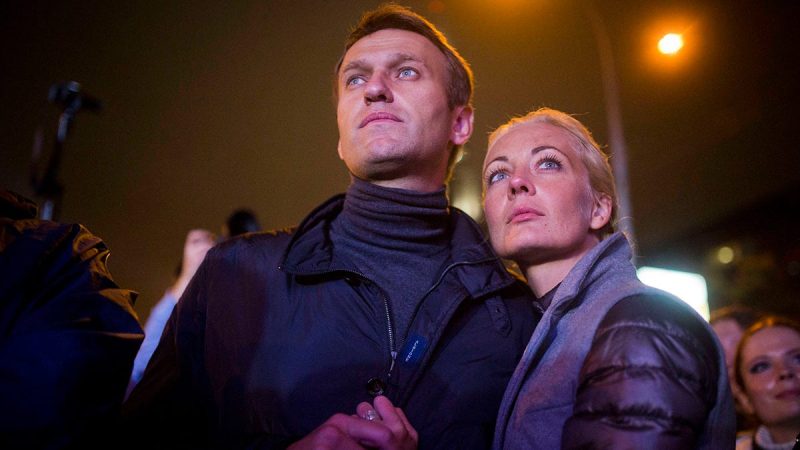In recent times, the world has witnessed numerous incidents where opposition leaders have been prosecuted in what many perceive as politically motivated moves. This has led to international scrutiny and criticism, with many countries being condemned for their actions. The United States, known for its strong democratic values, has also faced backlash following the prosecution of opposition leaders under the Trump administration. This development has catapulted the U.S. into the ranks of infamous countries that have targeted individuals for their political beliefs.
One notable country on the list is Russia, where the regime led by President Vladimir Putin has been widely criticized for cracking down on opposition figures. High-profile cases, such as that of Alexei Navalny, have garnered international attention and condemnation. Navalny, a prominent critic of Putin, has faced multiple arrests and legal challenges, highlighting the challenges of dissent in Russia.
Another country that stands out is Turkey, under the leadership of President Recep Tayyip Erdogan. Erdogan’s regime has been accused of silencing dissent and targeting opposition figures through legal means. The case of Selahattin Demirtas, a prominent Kurdish politician and former co-leader of the Peoples’ Democratic Party (HDP), serves as a stark reminder of the challenges faced by political opponents in Turkey.
Moving to Latin America, Venezuela has also drawn criticism for its treatment of opposition leaders. The government of President Nicolas Maduro has been accused of using the judiciary to crackdown on political dissent, with opposition figures facing imprisonment and harassment. The case of Leopoldo Lopez, a vocal critic of the Maduro regime, exemplifies the challenges faced by opposition leaders in Venezuela.
In Asia, countries like China and Iran have also been singled out for their treatment of political opponents. China, under the rule of the Chinese Communist Party, has a history of cracking down on dissidents and opposition figures. The case of Nobel laureate Liu Xiaobo, who was imprisoned for his advocacy of human rights and democracy, highlights the challenges faced by individuals who dare to challenge the status quo in China.
Similarly, Iran has been criticized for its treatment of opposition figures, with activists and political dissidents facing imprisonment and persecution. The case of Mir Hossein Mousavi, a former presidential candidate who was placed under house arrest following the disputed 2009 elections, underscores the challenges of dissent in Iran.
The inclusion of the United States among countries that have prosecuted opposition leaders is a troubling development. As a country that prides itself on democratic values and free speech, the targeting of political opponents raises questions about the state of democracy and freedom in the U.S. It serves as a stark reminder of the importance of upholding fundamental rights and ensuring that political dissent is protected.
In conclusion, the prosecution of opposition leaders in various countries, including the United States, highlights the challenges faced by individuals who dare to challenge those in power. The cases of political figures targeted for their beliefs serve as a reminder of the importance of protecting freedom of expression and upholding democratic values. It is crucial for societies to foster a culture of open debate and dissent, where individuals are free to express their opinions without fear of reprisal. The international community must continue to hold countries accountable for their actions and work towards promoting a more inclusive and democratic world where political dissent is respected and protected.

